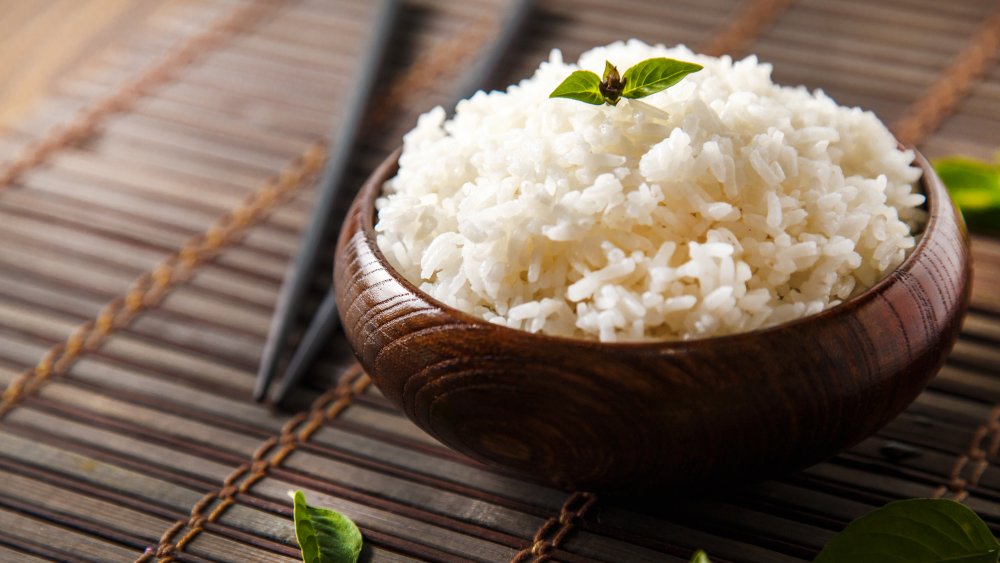Crafting a Standout AACOMAS Personal Statement: Dos and Don’ts

Are you stuck in the loop of revisions? Or maybe you’re drowning in a sea of words way too deep that you find it hard to articulate your thoughts well.
No, we’re not talking about writing poetries here. Attention all aspiring medical students! This is for you.
We know you deal with a lot —a labyrinth of paperwork, exams, and requirements—all that effort to secure admission to your dream medical school. But do you know what stands out? Yep, it’s your personal statement.
Several studies have revealed that admission committees prioritize your personal statement to figure out personal traits and your motivation to pursue medicine as a career.
So, it’s a no-brainer that you would want your personal statement to be a cut above the rest of the applicants.
In this post, we’ll help you craft a standout AACOMAS personal statement by highlighting the do’s and don’ts.
Let’s get into it now, shall we?
Dos:
-
Connect Your Personal Statement to Osteopathic Values:
Admissions committees want to see that you understand the unique aspects of osteopathic medicine and why you are drawn to it. Highlight your understanding and appreciation of the osteopathic approach to medicine and how it aligns with your career aspirations.
Show how your values align with those of osteopathic medicine, emphasizing empathy, holistic care, and a focus on preventative medicine.
-
Develop a Cohesive Narrative:
Your personal statement should tell a compelling story about your journey and how it has led you to osteopathic medicine. Develop a clear and coherent narrative that illustrates your motivations, experiences, and goals.
Start with a hook that grabs the reader’s attention and maintains their interest throughout the essay.
-
Reflect on Your Past Experiences:
Reflect on the events in your life that have inspired you to pursue a career as a DO and how they have shaped your aspirations. Share personal anecdotes or experiences that have influenced your decision to become a physician.
Discuss specific patient encounters, volunteer work, or research experiences that have deepened your commitment to osteopathic medicine.
-
Brainstorm Ideas and Reflect:
Start thinking about your personal statement as soon as possible, and give yourself plenty of time to brainstorm ideas and reflect on your experiences. Consider what sets you apart from other applicants and how you can convey your unique qualities and perspectives in your personal statement.
Keep a journal or notebook to jot down ideas and reflections as they come to you.
-
Seek Feedback:
Seek feedback from mentors, professors, or pre-health advisors who have experience with the medical school admissions process. Ask them to review your personal statement and provide constructive feedback on its content, structure, and clarity.
Consider joining a peer review group or seeking feedback from online forums or communities of pre-medical students.
-
Tailor Your Statement to Each School:
Customize your statement for each osteopathic medical school you are applying to. Research each school’s mission, values, and curriculum to ensure your statement aligns with their specific requirements and expectations.
Demonstrating a genuine interest in each institution will show admissions committees you are serious about your application.
Don’ts:
-
Rehash Your Resume:
Avoid simply regurgitating your resume or listing your accomplishments in your statement. While mentioning relevant experiences is important, focus on providing meaningful insights and reflections rather than just listing activities.
Admissions committees are more interested in understanding the person behind the application than just reviewing a laundry list of achievements.
-
Use Clichés or Generic Statements:
Steer clear of clichés, generic statements, or overly dramatic language in your statement. Instead, strive for authenticity and sincerity in your writing.
Admissions committees read countless personal statements, so you must make yours memorable by showcasing your unique voice and perspective.
-
Focus Solely on Grades and Test Scores:
While academic achievements are undoubtedly significant, avoid fixating solely on your grades and test scores in your statement.
Admissions committees are looking for applicants with well-rounded qualities and experiences beyond academic success.
Use your statement to highlight your interpersonal skills, resilience, and passion for medicine.
-
Discuss Controversial Topics or Personal Issues Inappropriately:
While being honest and genuine in your statement is essential, exercise discretion when discussing controversial topics or personal issues. Avoid oversharing or discussing topics that may be considered inappropriate or controversial.
Remember, your statement aims to present yourself to admissions committees in the best possible light.
-
Leave Your Personal Statement to the Last Minute:
Starting the process months in advance allows time for reflection, revision, and seeking feedback. Procrastinating on your personal statement can result in a rushed and subpar essay that fails to convey your strengths and motivations effectively.
Set aside dedicated time each week to work on your personal statement and make steady progress toward completing it before the application deadline.
-
Not Develop a Cohesive Narrative Across Your Application:
Your personal statement should align with other application components, such as letters of recommendation and mini-essays. Avoid inconsistencies or contradictions between your personal statement and other parts of your application. Ensure that your personal statement reinforces the themes and experiences highlighted in your letters of recommendation and mini-essays, providing a cohesive and unified portrayal of your candidacy.
-
Overuse the Word “I”:
While sharing your experiences and perspectives in your personal statement is important, avoid overusing the word “I” to the point of self-centeredness. Focus on sharing your experiences and the qualities that make you a strong candidate for osteopathic medicine, but also demonstrate an awareness of the broader context of healthcare and the needs of patients and communities. Use a variety of sentence structures and transitions to maintain readability and engagement throughout your essay.
-
Disregard the Importance of Feedback:
While your personal statement should reflect your unique voice and perspective, don’t underestimate the value of feedback from trusted sources. Solicit input from mentors, advisors, or pre-health committees to gain valuable insights and ensure that your personal statement effectively communicates your strengths and motivations.
Bottom Line
Remember, your personal statement is an important part of your medical school application and provides an opportunity to create a lasting impression on admissions committees.
Take the time to write a captivating and genuine personal statement that demonstrates your enthusiasm for osteopathic medicine and your ability to go forth on this challenging yet rewarding journey. Seek feedback and leverage the expertise of medical school personal statement editing services.
With careful research and close attention to detail, you can produce a unique personal statement that distinguishes you from other applicants and boosts your chances of admission to the osteopathic medical school of your choice.



































